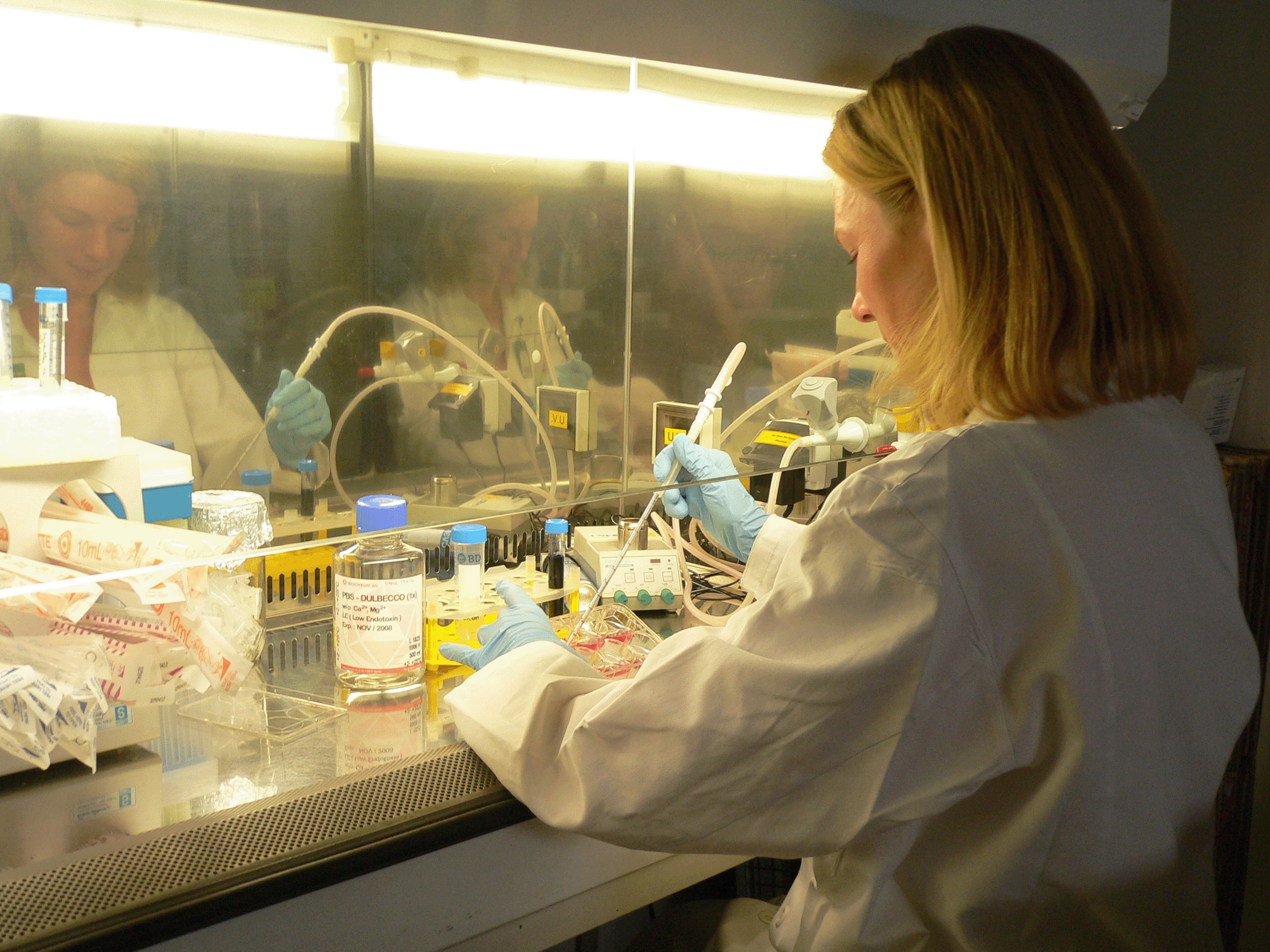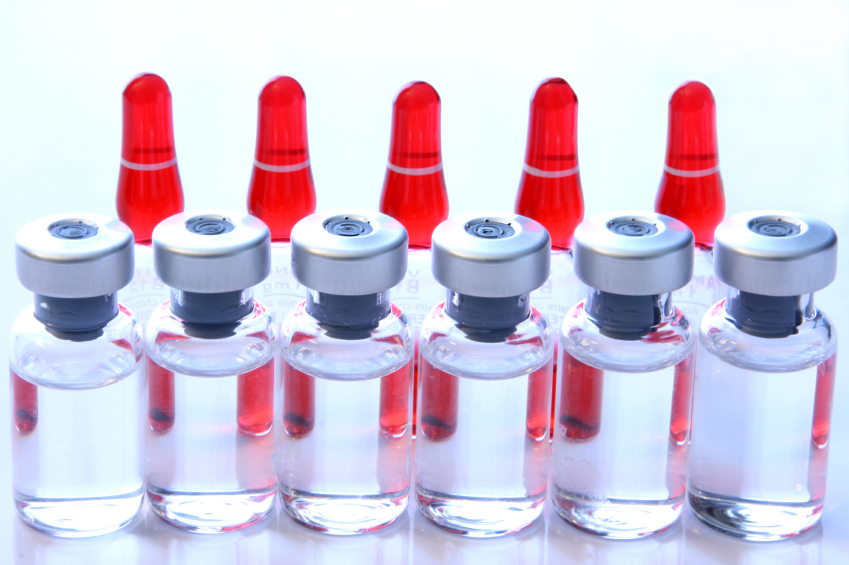CD Laboratory for Cytokine Networks in Gut Inflammation


The scientific focus of the work is on research into specific inflammatory processes in the gastrointestinal tract. The innate immunity and its role in inflammatory bowel diseases are just as interesting as the contribution that fatty tissue makes to the development of inflammatory liver diseases.
Immunity exists in humans from birth and has a non-specific effect against a variety of pathogens. At barrier surfaces of the human body, such as the intestine, it also plays an important role in inflammatory diseases. Type I interferon acts as part of innate immunity and is analysed in more detail here. This immunostimulatory messenger substance of the defence system actually has a central function in human innate immunity. In this position, it also influences the development and course of inflammatory bowel diseases. One aim of research is to gain a better understanding of this influence on inflammatory diseases.
Another group of molecules whose position in inflammatory reactions is being analysed in more detail in this research project are the defensins. This group of proteins also forms part of the innate immunity of humans and acts against microbial pathogens. They are synthesised in so-called Paneth cells, specialised cells of the intestinal surface.
Non-alcoholic fatty liver disease is an additional focus of research. The main question here is to what extent fatty tissue as a source of inflammation-modulating molecules can have an influence on liver diseases. In fact, adipose tissue is considered to be a hotbed of inflammation, and weight loss can significantly reduce this type of inflammatory activity. Work is also being carried out on modelling the development and progression of acute liver inflammation. In particular, the role of immunomodulating substances will be considered, as innate immunity is also of central importance for these acute inflammations. This research approach will contribute to the development of new therapies for the treatment of acute liver diseases.

Christian Doppler Forschungsgesellschaft
Boltzmanngasse 20/1/3 | 1090 Wien | Tel: +43 1 5042205 | Fax: +43 1 5042205-20 | office@cdg.ac.at

